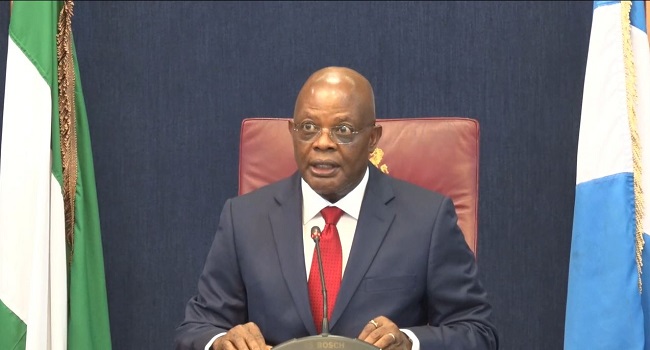Nigeria’s external reserves have dipped by approximately $342.97 million over a period of nine days.This is according to the latest data on the reserves from the Central Bank of Nigeria (CBN).
The marginal decline in the country’s foreign exchange (FX) reserves precedes the Nigerian government’s move to issue a $500 million domestic dollar bond.This move is expected to attract local and foreign investors and provide much-needed support to the external reserves.What the data says As of August 15, 2024, the reserves stood at $36.53 billion, down by approximately 0.93% from $36.87 billion recorded on August 7, 2024.On August 7, 2024, the reserves were recorded at $36.87 billion.
Over the next few days, the reserves steadily decreased, with August 8 showing a slight dip to $36.84 billion, marking a decline of approximately 0.06%.By August 9, the reserves had further diminished to $36.83 billion, representing a more modest daily decline of 0.05%.
The decline became more pronounced over the following days, with August 12 witnessing a drop to $36.62 billion, a decrease of 0.57% from the reserves recorded three days earlier.
This was followed by another decline on August 13, when reserves stood at $36.57 billion, reflecting a further 0.14% reduction.
By August 14, the reserves had decreased slightly to $36.54 billion, showing a minimal drop of 0.02%, highlighting the continued strain on the reserves.
First time in 4 monthsThe period culminated on August 15, 2024, with reserves hitting $36.53 billion, a total decline of 0.26% from the previous day and marking a cumulative decrease of 0.93% over the nine-day period.
This persistent decline comes after a four-month period of about $4 billion growth in the external reserves.It further highlights the struggle faced by Nigeria’s financial authorities in maintaining reserve levels amidst ongoing economic pressures, including the need to meet import demands and debt obligations, as well as manage liquidity for the naira’s stability.












